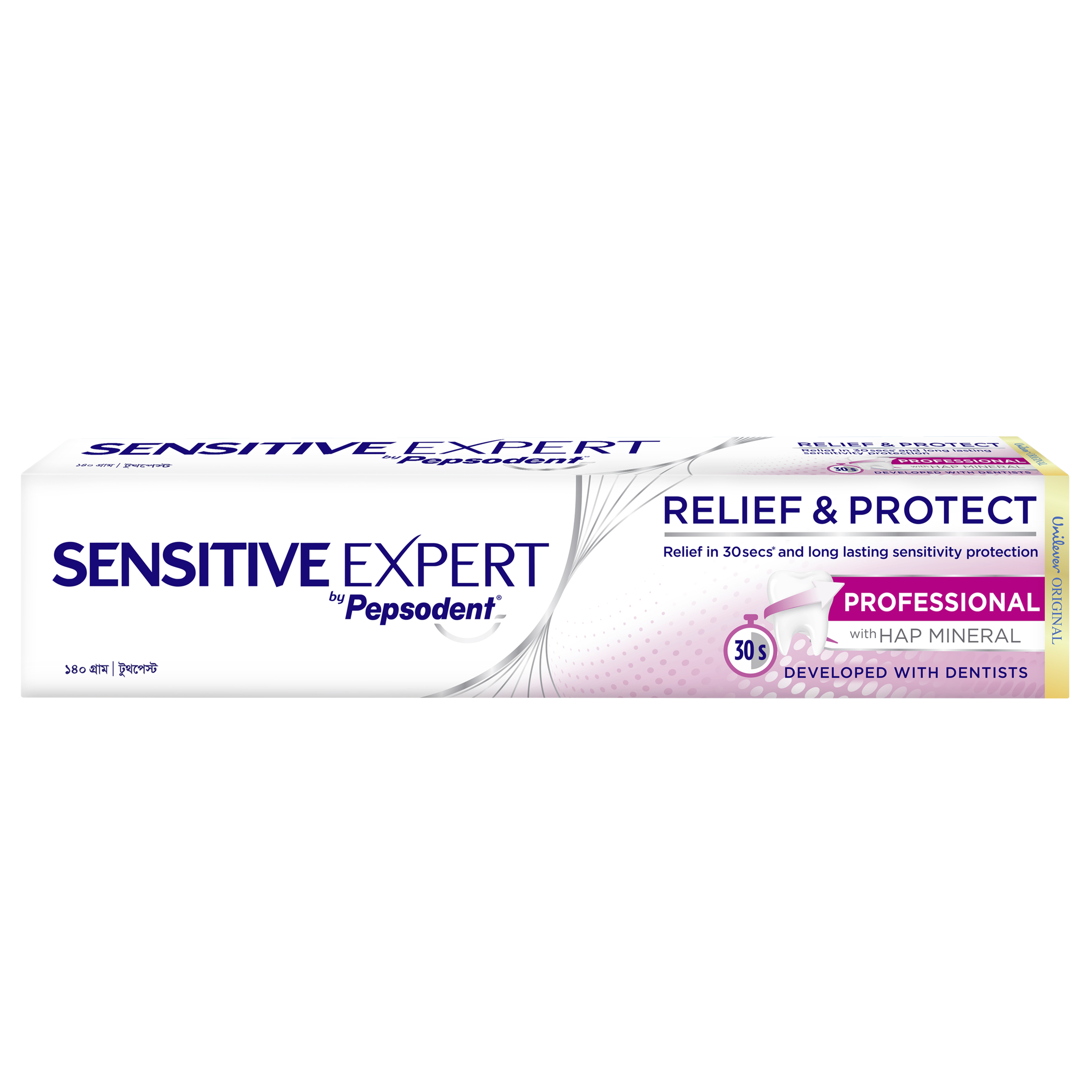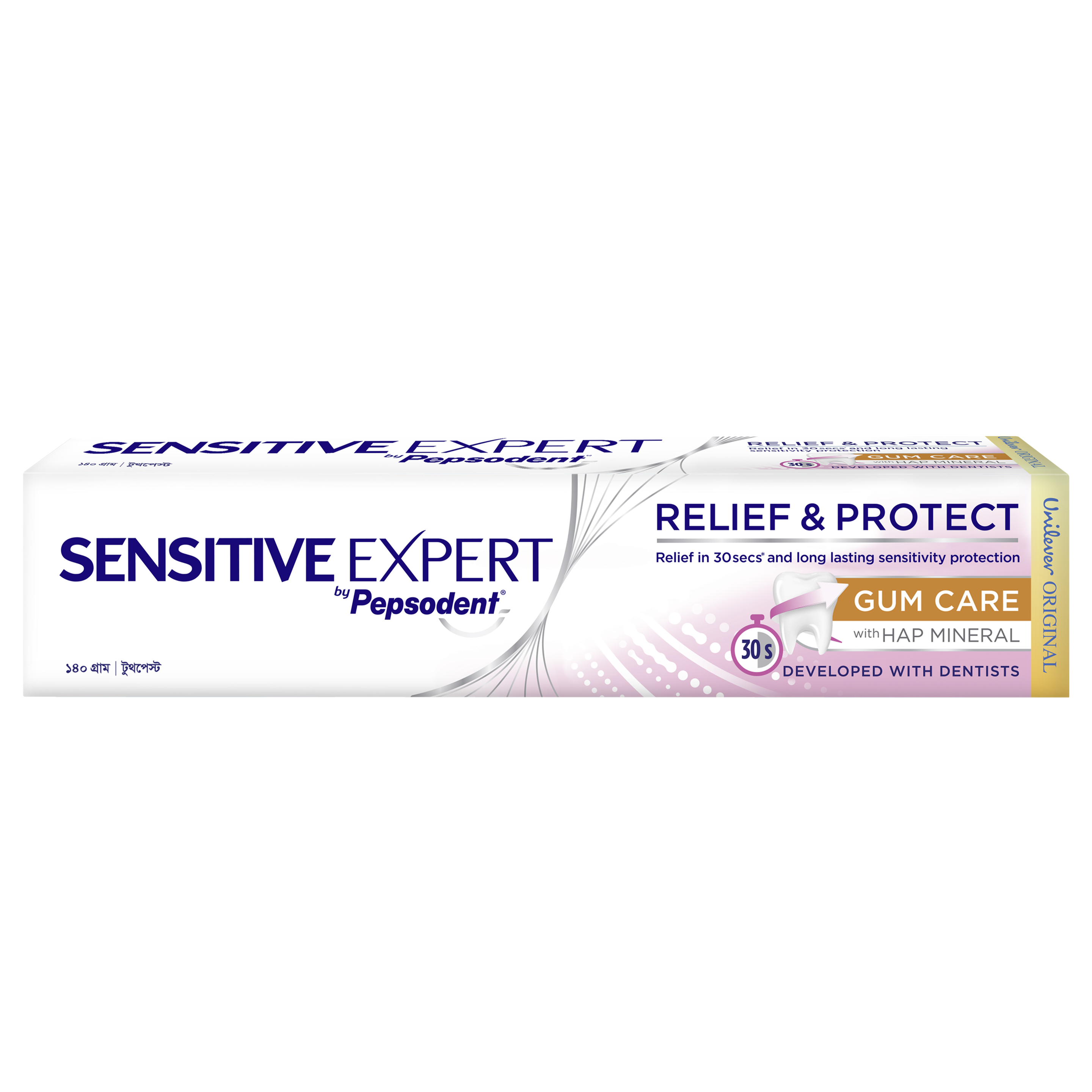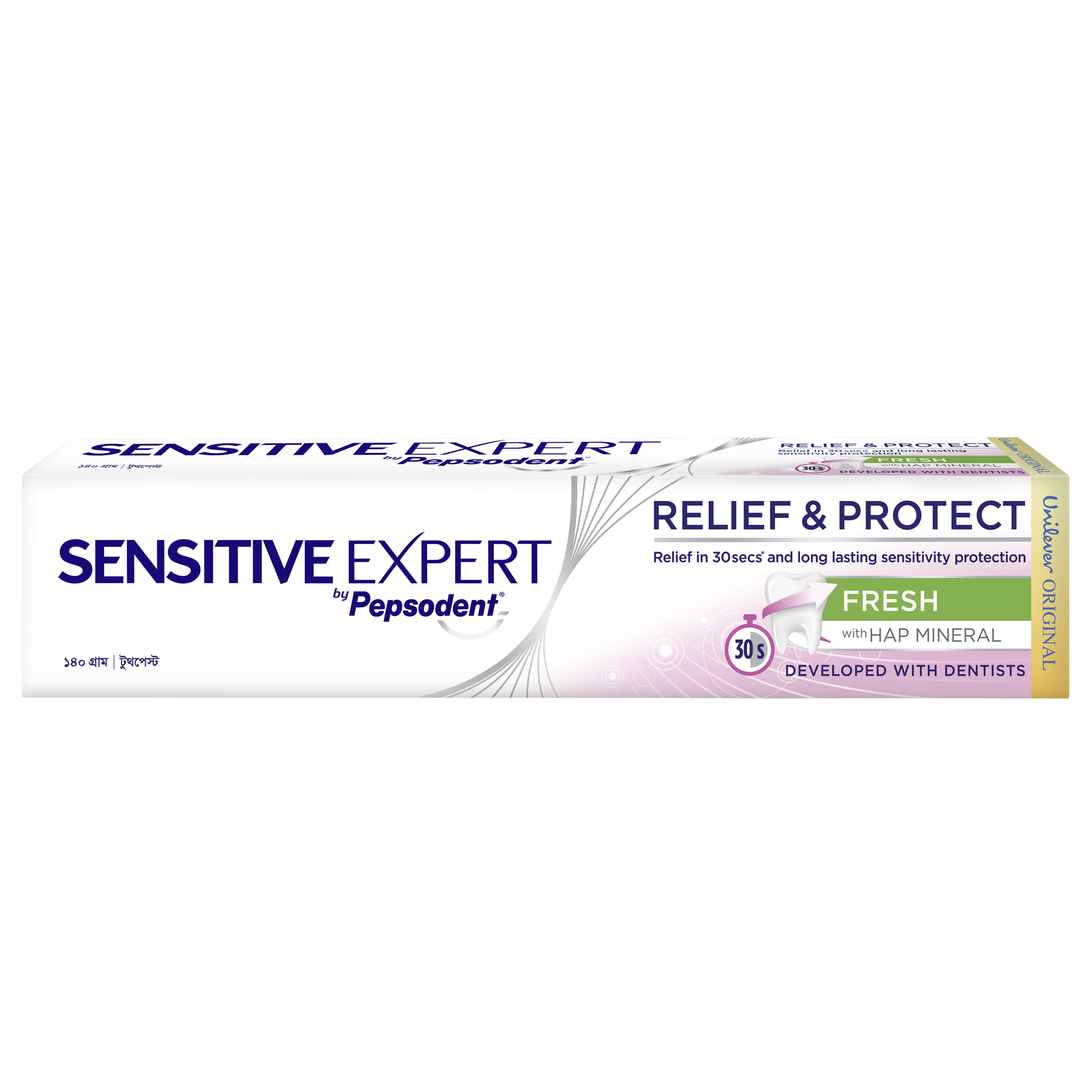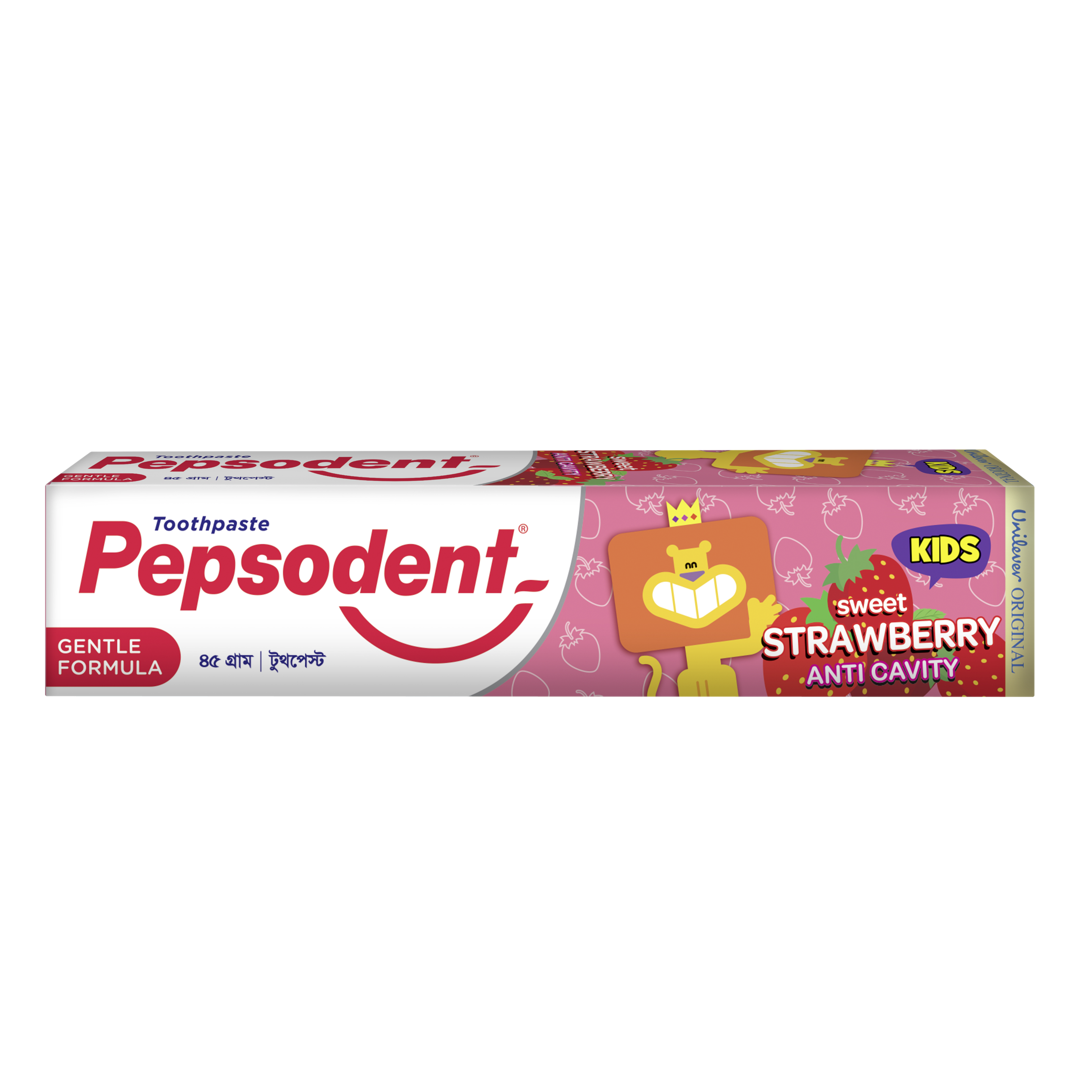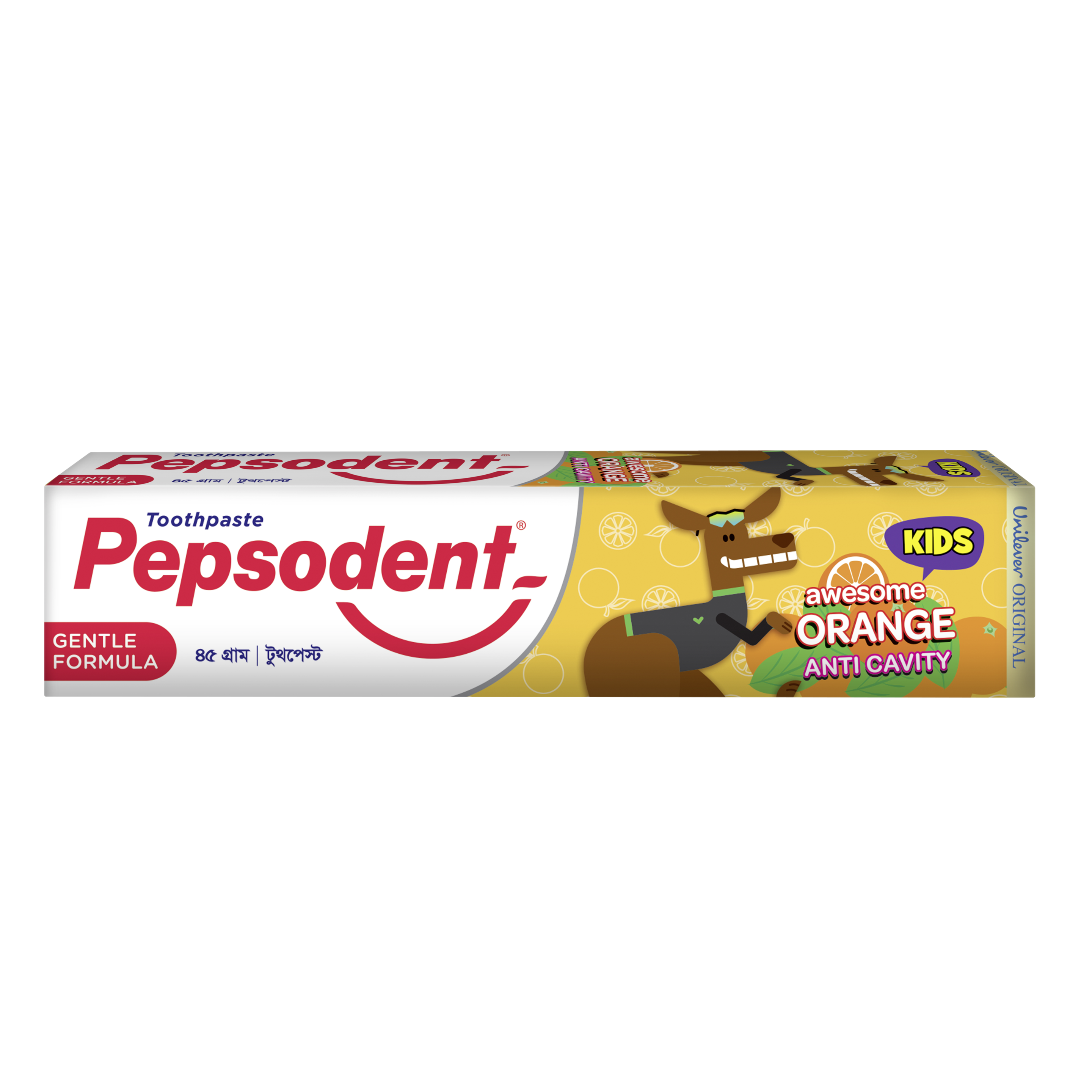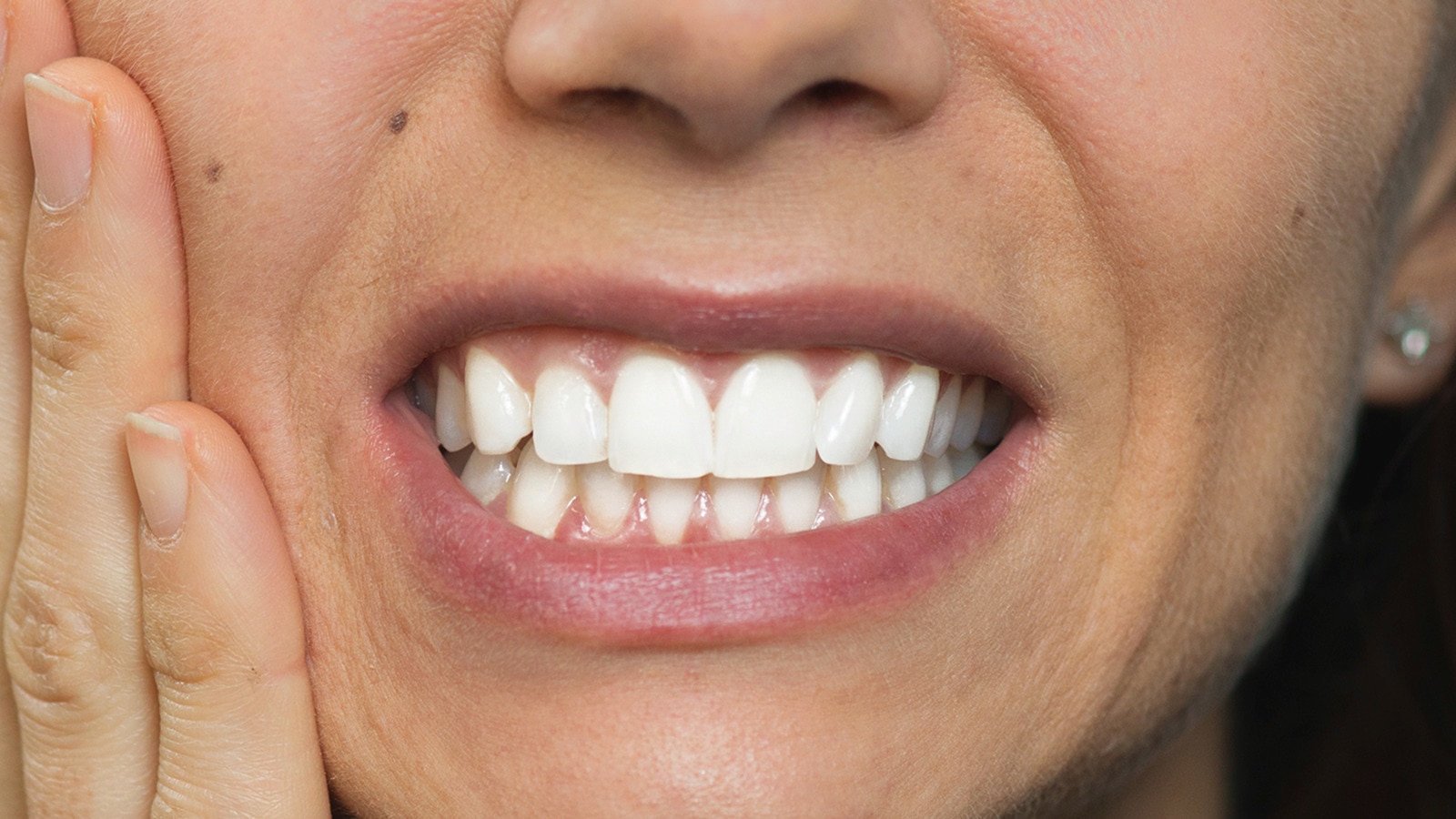We all want to avoid tooth decay, as it can cause pain, bad breath and lead to cavities and even tooth loss. Yet it's still a very common condition, and while it usually affects children and young adults, it can happen at any age.
So, let's find out what causes tooth decay and then we can move on to the steps you can take to prevent it.
What is tooth decay and how does it develop?
Tooth decay is a gradual process that, when left untreated, develops into a cavity (hole) in the tooth. As bacteria builds up in your mouth, it forms a sticky substance called plaque. Each time you eat sugary or starchy foods, plaque gets stickier and if left unchecked, it can harden into tartar. The bacteria in the plaque, or tartar, produces acid, which can demineralise the hard, outer enamel of your teeth. This can result in a soft spot, or hole in the tooth, called a cavity.
If this hole gets deeper, it can penetrate to the softer inside layer of your tooth. If it penetrates further still it can reach right through to the tooth pulp. This form of severe tooth decay can be very painful and cause tooth loss.
You May Also Like
- slide 1
- slide 2
- slide 3
- slide 4
- slide 5
- slide 6
- slide 7
What are the symptoms of tooth decay?
Cavities are sometimes visible as a black or brown spot, but they often only show up on an X-ray, so don't skip regular dental check-ups. Symptoms that may indicate you have decayed teeth include:
- Persistent bad breath or a bad taste in the mouth
- Sensitivity
- Pain which worsens with exposure to heat, cold, sugary food or drinks
- A chalky white spot on a tooth
Treating tooth decay and cavities
Depending on the severity, your dentist may do any of the following:
- Apply a fluoride paste and varnish – this will only be effective as a preventative measure or if the cavity is still very small.
- Replace the decayed material with a filling, crown or cap, depending on the extent of the cavity.
- Perform a root canal treatment if the nerve of the tooth is damaged. This involves removing the bacteria from the root, sealing it and filling the tooth and, if appropriate, applying a crown.
How to prevent tooth decay and cavities
The simplest and most effective way of preventing tooth decay is preventing plaque build-up. Because plaque is forming constantly it's essential to keep cleaning it away every day. That's why it's so important to keep up a rigorous oral health routine:
- Cut down on sugary drinks and starchy foods.
- Consider getting dental sealants (protective coatings applied to the chewing surfaces of the back teeth).
- Brush at least twice a day for at least two minutes each time.
- Use a Pepsodent toothpaste, which contains fluoride and is specially designed to remove plaque and prevent tooth decay
- Be sure to floss at least once a day. It's extremely important for cleaning those hard-to-reach areas between the teeth, where food particles get stuck and gather bacteria.
- And finally, rinse out with a fluoride Pepsodent mouthwash
This, combined with regular dental check-ups will go a long way to ensuring your teeth stay healthy, strong and cavity-free.




